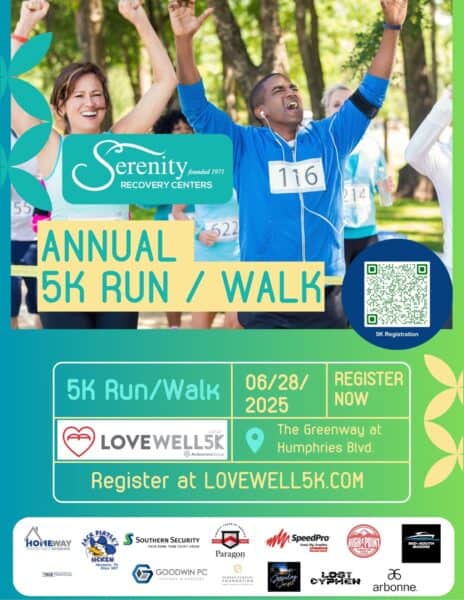Recovery from addiction is a deeply personal journey that impacts not only the individual seeking sobriety but also their relationships with family, friends, and loved ones. The process of rebuilding trust and fostering healthy connections is a crucial component of long-term recovery success.
Understanding the Impact of Addiction on Relationships
Addiction often leaves a trail of damaged relationships in its wake. Trust is broken, communication breaks down, and emotional bonds become strained or severed. The behaviors associated with active addiction can lead to:
- Betrayal of trust through dishonesty and manipulation
- Financial strain and instability
- Emotional distance and disconnection
- Breakdown in communication patterns
- Loss of shared experiences and intimacy
The Early Stages of Recovery: Focus on Self
During the initial phases of recovery, the primary focus must be on personal healing and establishing sobriety. This period allows individuals to:
- Develop self-awareness and emotional regulation skills
- Address underlying trauma and mental health concerns
- Build a foundation for healthy coping mechanisms
- Create new patterns of behavior and thought
Beginning the Process of Relationship Repair
As recovery progresses and stability is achieved, the work of rebuilding relationships can begin. This process requires patience, commitment, and understanding from all parties involved. Key steps include:
1. Open and Honest Communication
Recovery demands a new level of transparency and authenticity in communication. This means being willing to:
- Listen without judgment
- Express feelings and needs clearly
- Acknowledge past hurts and take responsibility
- Share recovery progress and challenges
2. Setting Healthy Boundaries
Establishing clear boundaries is essential for both the person in recovery and their loved ones. This includes:
- Defining acceptable behaviors and consequences
- Respecting personal space and time
- Understanding triggers and limitations
- Communicating needs and expectations
3. Rebuilding Trust Gradually
Trust is rebuilt through consistent actions over time. This process involves:
- Making and keeping small commitments
- Being reliable and punctual
- Following through on promises
- Maintaining honesty in all interactions
The Role of Professional Support
Professional guidance can be invaluable in navigating relationship recovery. This may include:
- Individual therapy for processing emotions and developing skills
- Couples or family counseling for addressing specific relationship dynamics
- Support groups for both those in recovery and their loved ones
- Educational programs about addiction and recovery
Creating New Patterns and Memories
As relationships heal, it’s important to create new, positive experiences together. This might involve:
- Engaging in sober activities and hobbies
- Establishing new traditions and routines
- Celebrating recovery milestones together
- Building a shared support network
Handling Setbacks and Challenges
Recovery and relationship healing aren’t linear processes. It’s normal to encounter challenges along the way. Successful navigation requires:
- Maintaining open communication during difficult times
- Using healthy coping strategies when triggered
- Seeking additional support when needed
- Recommitting to recovery and relationship goals
At Serenity Recovery Centers, we understand that healing relationships is a crucial part of the recovery journey. Our comprehensive programs provide the tools, support, and guidance needed to rebuild trust and foster healthy connections. If you or a loved one is struggling with addiction and its impact on relationships, reach out to us today. Together, we can create a foundation for lasting recovery and meaningful relationships.
